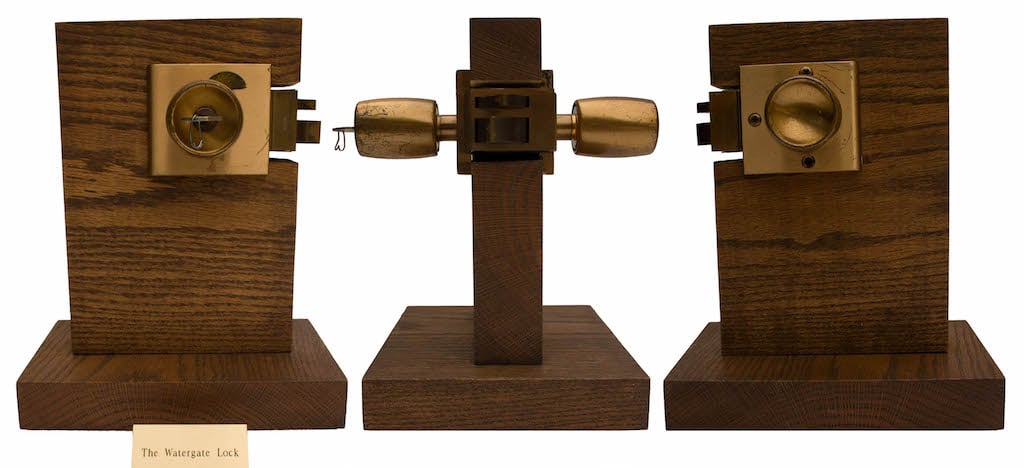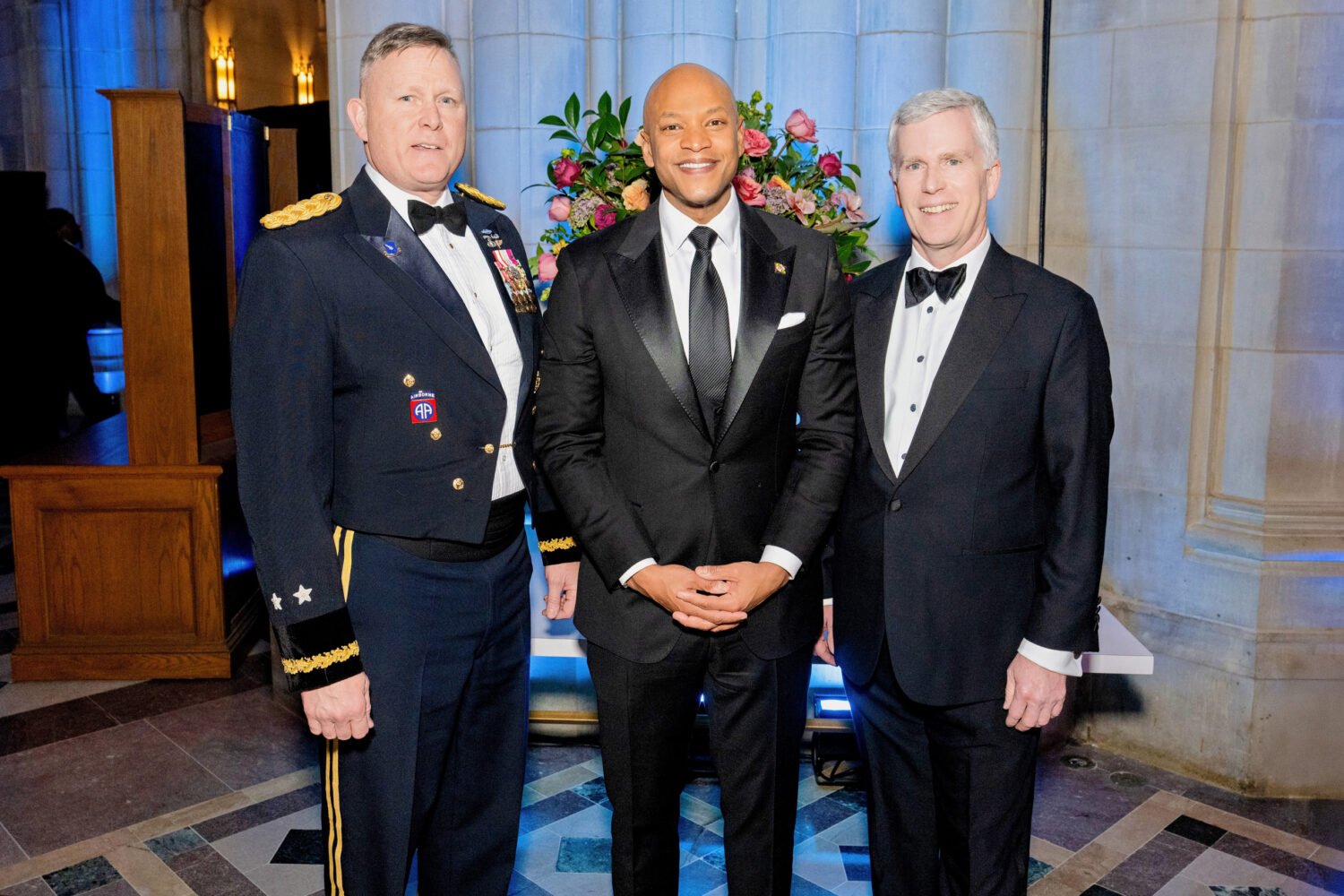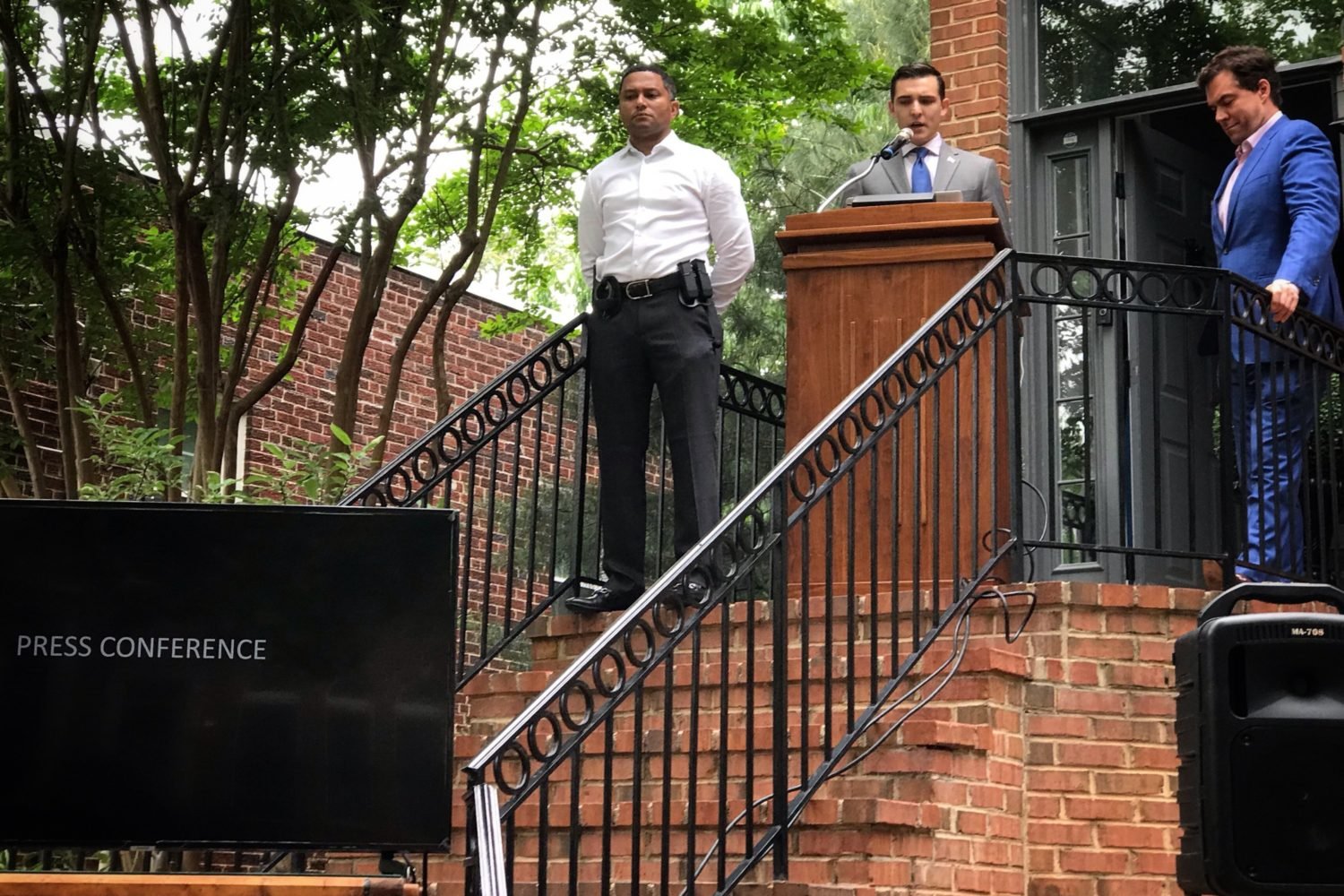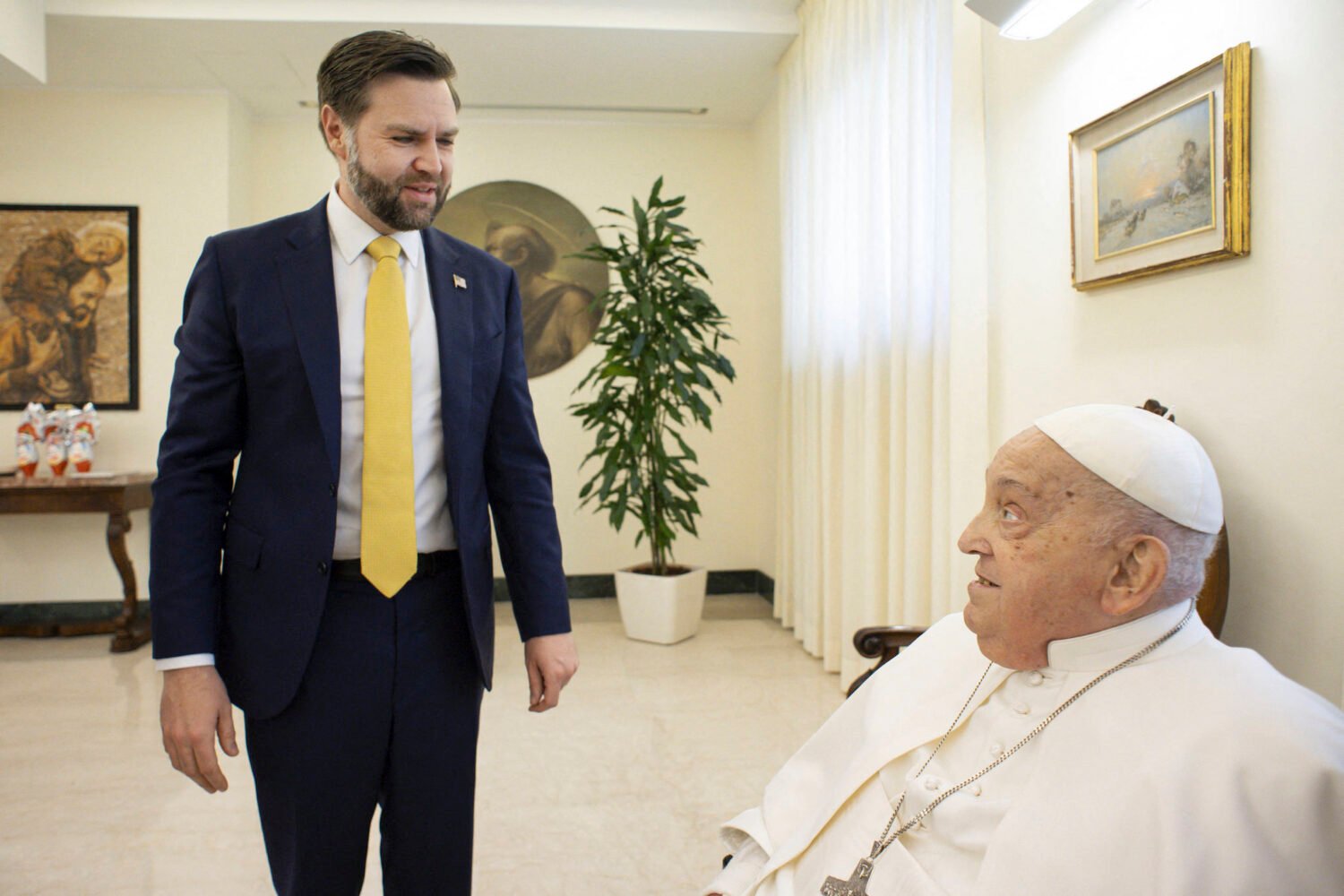For many years, I helped people in this town write books. First as a researcher and then as a collaborator and ghostwriter. Before I ultimately laid to rest my ghostwriting career, the identities I came to inhabit included an African princess, a member of Congress with a “female problem,” a congresswoman who took on the male-dominated Congress, a Middle East peace negotiator, a tire magnate turned Republican presidential candidate, and, most notably, a First Lady who would later become a two-time presidential candidate and nearly the 45th President of the United States.
This wasn’t the path I’d envisioned for myself as a creative-writing student at UC Berkeley in the ’80s. I’d had some vague and lofty notion I would write novels or screenplays or, Lord have mercy, poetry. Being a ghost isn’t something a person aspires to.
But in 1983, I got what I considered to be my lucky break—to work as a research assistant for the biggest brand in Washington journalism, Bob Woodward, first on his A1 newspaper stories for the Washington Post, then on one of his blockbuster books, Veil, about William Casey’s CIA. Jobs on additional high-profile books followed, including a memoir by Woodward’s Watergate partner, Carl Bernstein, and the autobiography of legendary editor Ben Bradlee. Eventually, I transitioned to book doctor and ghostwriter for several political books, including Hillary Clinton’s It Takes a Village.
I’m asked all the time what it was like to be a ghost. People are curious about it because it’s one of the few occupations that give you access to what famous people are really like when they aren’t on the public stage. Here’s what I learned.
***
As a ghost, there’s no room for your ego in Washington. I was only 23 when I began working for Woodward and suddenly found myself interesting to people who I thought were more interesting than I was. This proximity to fame and power was intoxicating, even for a constitutionally camera-shy person like me—until I attended a dinner party during which I realized that every question directed at me sought my latest subject’s opinion on that year’s presidential campaign. Unsolicited, I offered my own take: “I can’t for the life of me understand why anyone would ever want to be President of the United States. It just seems like the most thankless job ever. Power is overrated.”
A pall fell over the table, no one responded, and then everyone started talking over one another as though I hadn’t spoken. I spent the rest of the evening pretending I wasn’t there, which was easy because everyone else did, too.

Humiliation came in all forms. When Woodward’s book was done, he arranged for me to help Bernstein with an unfinished book and I prepared to move temporarily to New York. There was just one thing, Woodward said, seeming uncharacteristically flustered. He uttered something to the effect of “I’m sure you’ve heard about Carl and women?”
I nodded.
He went on: “I just want you to know I’ve talked to Carl about this, since you’ll be staying in his apartment.”
He laughed nervously.
I was both mortified—picture talking about sex with your father—but also slightly pleased that he thought Carl might behave badly around me. It meant he thought I had game. Of course, I then remembered a line from Nora Ephron’s roman à clef that was inspired by her disastrous, imploding-on-the-gossip-pages marriage to Carl, who had cheated on her, while she was pregnant, with the British ambassador’s wife, Margaret Jay. Nora described the Carl character as “capable of having sex with a Venetian blind.”
Politicians order up a finished book as if it were a bacon cheeseburger, not realizing that a good book takes patience. This was a perennial struggle, because no trait is more important for a ghost than empathy, and that takes face time to develop. One way I’d do it was to make myself a fly on the wall by observing my subjects with their children.
To witness Hillary preoccupied by 15-year-old Chelsea’s stomachache after school one day underscored that no matter how famous a person is, she still worries about her child the way the rest of us do. When I worked on a book about women in Congress, A Woman’s Place, by newly elected representative Marjorie Margolies-Mezvinsky, I met her family so I could actualize the political commitments to women and children that she championed. What happens when you need more access to your own author and you can’t get it? You plumb your own memories. I may not be a senator who has been caught in a compromising position, but I can dig into the reservoir of crappy things I’ve done and come up with something to feel bad about.
Ghosting is one of the few jobs that give you access to what famous people are like when they aren’t on the public stage.
Sometimes you’re bewildered by the access you do get. In April 1995, I was called to the White House for a “debriefing” and escorted to the Solarium in the inner sanctum—a room where Mamie Eisenhower had held her bridge parties, Nixon had told his family he was resigning, and Reagan had recovered from John Hinckley’s attempt on his life. In the room this particular day was Jean Houston, a New Agey author and motivational speaker. It took a few minutes, but I finally figured out Houston was there as a psychic guide who would lead Hillary in a therapeutic exercise. I watched bug-eyed as Houston suggested Hillary close her eyes and imagine she were talking to Eleanor Roosevelt.
There they were together in the White House, the ghost of a former First Lady in conversation with the current First Lady, discussing the challenges of the job. Then Houston told Hillary to switch roles and inhabit Mrs. Roosevelt’s mind. Although what was unfolding before me was oddly familiar—the kind of Method acting I myself engaged in as another kind of ghost—I couldn’t believe I had been summoned to observe this deeply personal activity.
Your job is to make the book sound as if it came straight from the mouth of the subject—which in Washington is an occupational hazard. After reading a draft of a chapter I had just written for a new client—a member of the Washington aristocracy—he told me I made him sound depressed and regretful. I did because he was. I thought that illustrating his humility would make readers of regular means connect with him, but these qualities were diametrically opposed to my client’s vision of himself. (Sorry, I’m your ghost—not your shrink!)
Ghosting for Hillary turned up a variation on this problem. Even away from a Teleprompter, she talks in whole paragraphs, unlike the rest of us who interrupt ourselves with digressions and other random thoughts. She’s not a storyteller and resists revealing herself—I believe because she doesn’t trust what people will do with information that isn’t grounded in facts and data. (Can you blame her?) So what comes out of her mouth is like a ticker tape of policy material. This does not make for good copy. As the writer Joe Queenan once noted, her 592-page ghostwritten memoir, Living History, sounded like “the world’s longest speech.”
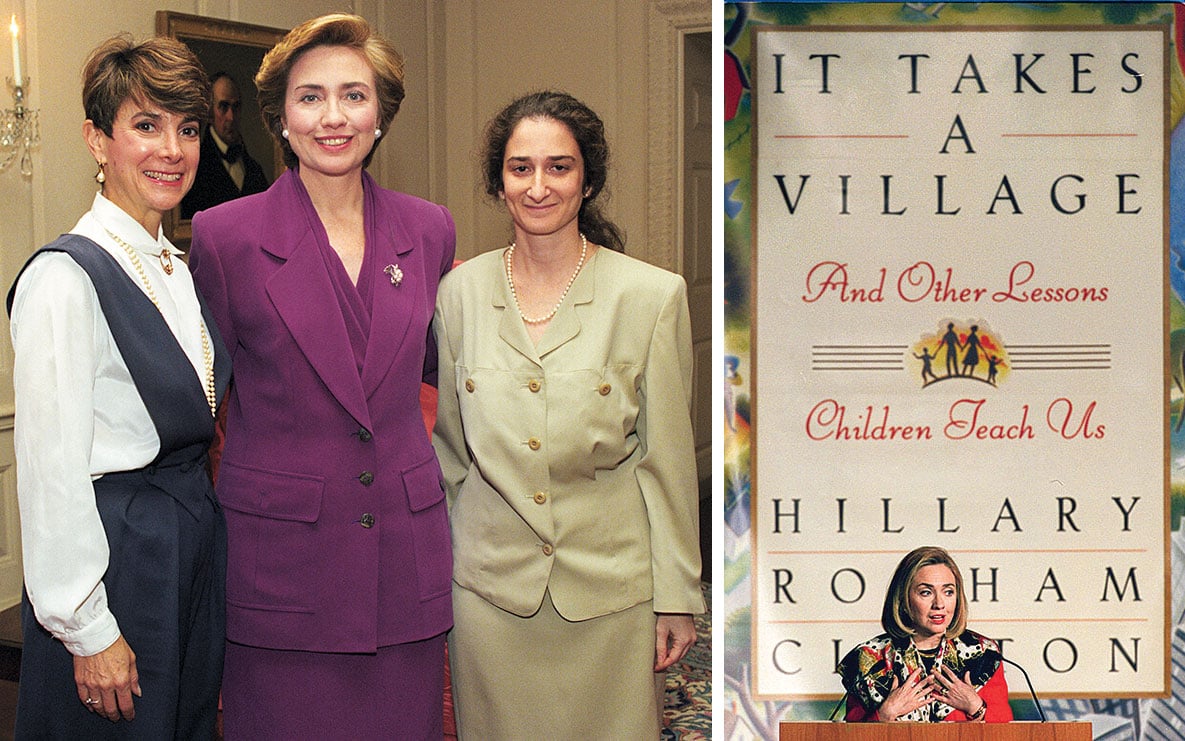
I ran into this issue ad nauseam. After one particular snoozer of an interview for the book I worked on about women in Congress, I began asking a new question: “If your life as a congresswoman were a movie, what’s the defining moment?” Because I was asking them to imagine something, it yielded a more candid response. Sometimes they would stop themselves just as the material got interesting, becoming self-conscious. “Pretend I’m not here,” I would say.
Usually they would need more direction: “What’s the opening scene of this movie that would introduce the point you want to make about this place and yourself?” Then I’d move in for the specific, defining moment or detail. In journalism, this is called getting “the name of the dog,” as in tracking down the name of the dog/horse/turtle of the porn star/embezzler/tech-start-up CEO you’re profiling so you can make him three-dimensional.
With proximity to power comes an odd commingling of identities. Author Ben Yagoda once called this phenomenon a “weird version of Stockholm syndrome,” which I think nails it. One senator I worked with used all too frequently the political cliché “leveling the playing field.” Even though it grated on my nerves, it eventually crept into my own conversations. Then there’s Hillary and her emphatic head-nodding. Ostensibly, this is a nonverbal signal that she’s listening and feeling your pain, though I came to wonder if it was more a tactic for keeping people at bay by listening instead of offering information. Nonetheless, I began nodding in just the same way.
He told me I made him sound depressed and regretful. I did because he was.
Another manifestation of this identity-merging is that your subjects’ success becomes your success, and their failures yours. Same for their enemies. (I would bristle when I saw a particular talking head on television, because he was a harsh critic of one of the senators I ghosted for.) This has led, on a few occasions, to my wanting to fix things not just in my subjects’ books but also in their lives. That’s my only explanation for how I became a bit player in a foreign-embassy intrigue worthy of The Americans.
One day during an interview session, my client asked if I spoke French, because she needed a translator for an important meeting. Sadly, my high-school French wouldn’t suffice, but I volunteered that one of my best friends had studied at the Sorbonne and might be game. The next day, the two of us showed up for the meeting, which turned out to be in a Georgetown hotel penthouse. The drapes were drawn, the lights were off, and bodyguards stood silently in the foyer, armed and wearing tinted glasses and impressive scowls. Not part of the conversation, I sat across the room on a couch, just out of earshot, catching only snippets of French and English.
Afterward on the street, my friend, wide-eyed and breathless, told me that the conversation had involved a Swiss bank account and a government shakeup. The mysterious scene obviously wasn’t going to end up in the book I was ghosting, but decades later, my friend and I still get a laugh out of it.
There are all kinds of ways you might become a pawn. I worked as a researcher on Bernstein’s book, Loyalties, about his parents’ experience of being harassed by the FBI, during the Red Scare, for being Communists. Just after he handed in his manuscript, Carl invited me to his family’s Passover Seder. I knew Mr. and Mrs. Bernstein were nervous about their son’s book and that there might be tension. I didn’t realize how much.
Carl kept dodging his parents’ questions about the book, so they redirected them to me—When would it come out? How long was it? What did I think of it? As I fumbled through my answers, trying to be diplomatic, it dawned on me that Carl had brought me along less for breaking matzo with his loved ones than because I could serve as an unwitting human shield on the battlefield of the Bernstein family’s unresolved issues.
If you don’t do it for too long, ghostwriting can be a kick and not feel exploitive. As vexing as the whole business of midwifing others’ books became, it gave me the opportunity to go places I never would have gone on my own: flying on Air Force One with the First Lady so she could appear on Oprah; joining the President and his wife for an impromptu private dinner (try managing cutlery in the presence of the leader of the free world); watching Annie Leibovitz at work during a Vanity Fair photo shoot of Ben Bradlee; standing in the wings as a Republican presidential candidate taped a commercial with live grizzly bears (I don’t need to do that again).
But you have to think about your own legacy and reputation—because no one else will. I had reservations about helping on It Takes a Village because it was partly a damage-control operation for the riddled-with-scandal Clinton administration. I took the gig against my better instincts. I ended up having to hire a lawyer when I was deposed by the Senate counsel on the Whitewater controversy because I’d had the bad luck to stay overnight at the White House during a period when the First Lady’s missing subpoenaed billing records from the Rose Law Firm suddenly reappeared—in a room very close to where I was sleeping and working. Getting caught up in that mishegoss became a lifelong regret.

If you do get deposed, do not treat it as an opportunity to try out your new comedy routine. Seriously. Although my lawyer issued stern instructions—“Stick to yes or no”; “You’re not a guest on Late Night”—I couldn’t resist cracking a joke whenever I saw an opportunity. I ended up with a summons to reappear for televised hearings.
The ghost/author relationship is often like marriage: You enter it full of hope, but its chance of survival is 50-50. And being the less powerful half of the marriage means you’re likely the one who’ll get stomped on. When It Takes a Village was published in 1996, Hillary chose not to acknowledge me as her ghost—for reasons that to this day have never been explained. This was a slight to my ego, but it also threatened my earning capacity, because ghostwriters get their gigs through word of mouth and the acknowledgments pages of books.
Lucky for me, the backlash, dubbed “Thankyougate,” was strong and swift. And the way the First Lady responded made it even worse for her. Rather than backpedal, she and her PR machine doubled down and looked petty by inviting journalists to the White House to see her legal pads of handwritten manuscript pages—supposed proof that she’d written the book herself. Had she just noted that due to a demanding schedule and a tight deadline, she needed some editorial assistance, no one would have noticed or cared.
I can’t tell you how many times I thought back to that debacle during last year’s election cycle, when I watched her hubris, her penchant for secrecy, and her poor judgment—particularly in owning her own stumbles—combine to bungle her responses to the flaps involving her e-mail server, her speeches to Wall Street, and her “basket of deplorables” comment. (You probably want to know: Did I vote for her last year? I did. But in my heart it was a vote against Trump.)
Politicians and operatives really do create their own versions of “facts” and “truth.” When the White House decided to issue a press release about my contribution to It Takes a Village in order to tamp down Thankyougate, Maggie Williams, Hillary’s chief of staff, faxed me a draft of the release. It was cordial and stated that the First Lady had relied on me for early drafts over a six-month period. But that wasn’t true. So I called the East Wing and said the timeline needed to be corrected.
“I worked on the book for eight months,” I told Maggie.
Her response: “Would you take seven?”
***
If I had to do it over again, would I become a ghostwriter? It’s painful to admit, but no.
“Authors” resent you for needing you. You resent them for resenting you. Even when things go well—such as when a book lands on the bestseller list—you can find yourself questioning your decisions later, as we saw when Tony Schwartz, Donald Trump’s ghostwriter on The Art of the Deal, issued his mea culpa for having helped puff up Trump into a celebrity all those years ago. I never cashed Schwartz-style royalty checks, but like him, I definitely made choices I regret. And I got burned by the Washington machine in the process.
I want to believe that the gravitational pull between me and ghosting was empathy, but it was more likely a convenient defense mechanism. It was much less of a risk to work on other people’s books—or so I thought—than to pursue my own projects. Now, more than 30 years after it all began, my memoir, Pretend I’m Not Here, is being published. I’m also at work on a historical novel set in Washington during the Lincoln administration. It would be great if these projects are well received, but even if they aren’t, I finally have the satisfaction of using my own voice to tell my own stories. That is, after all, the point of being a writer, at least the sort of writer I once dreamed of becoming.
Adapted from “Pretend I’m Not Here: How I Worked With Three Newspaper Icons, One Powerful First Lady, and Still Managed to Dig Myself Out of the Washington Swamp,” published this month. Copyright © 2017 by Barbara Feinman Todd. Used by permission of William Morrow, an imprint of HarperCollins Publishers.
This article originally appeared in the February 2017 issue of Washingtonian.





